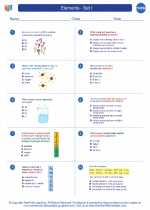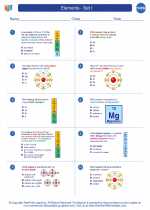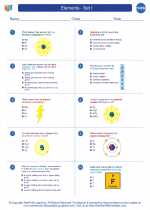Gene
A gene is a functional unit of heredity that is passed from parents to offspring. Genes are made up of DNA and provide the instructions for producing proteins, which are essential for the structure, function, and regulation of the body's tissues and organs.
Structure of a Gene
A gene consists of a specific sequence of nucleotides, the building blocks of DNA. This sequence contains the information necessary for the synthesis of a specific protein. Genes are organized within chromosomes, and humans have approximately 20,000 to 25,000 genes.
Gene Expression
Gene expression is the process by which the information encoded in a gene is used to direct the synthesis of a functional gene product, such as a protein. This process involves transcription of the gene into messenger RNA (mRNA) and translation of the mRNA into a specific protein.
Study Guide
- What is a gene and what is its function?
- Describe the structure of a gene.
- Explain the process of gene expression.
- How many genes do humans have?
- Discuss the role of genes in heredity and inheritance.
[Gene] Related Worksheets and Study Guides:
.◂Chemistry Worksheets and Study Guides High School. Elements - Set I

 Worksheet/Answer key
Worksheet/Answer key
 Worksheet/Answer key
Worksheet/Answer key
